Dogs, with their ever-curious noses and insatiable appetites, often leave pet owners wondering about the safety of various foods. Among the many culinary ingredients that may catch their eye, chives stand out for their distinctive flavor and aromatic qualities. But are these slender green herbs safe for dogs to consume, or should they be kept out of reach? Let’s explore this topic comprehensively to determine whether dogs can eat chives.
Contents Overview
Understanding Chives
Chives, with their long, thin stalks and mild onion-like taste, are a popular herb used in many human dishes. Belonging to the Allium family, which includes onions, garlic, and leeks, chives are renowned for their culinary versatility and nutritional benefits. However, when it comes to our furry friends, caution is warranted.
Are Chives Safe for Dogs?
In short, no, dogs should not eat chives. Similar to other members of the Allium family, chives contain compounds that can be harmful to dogs. These compounds, such as thiosulfate, can lead to adverse health effects, making chives unsuitable for canine consumption.
Potential Risks of Feeding Chives to Dogs
- Gastrointestinal Upset: Chives can irritate a dog’s gastrointestinal tract, leading to symptoms such as vomiting, diarrhea, and abdominal pain.
- Hemolytic Anemia: The presence of thiosulfate in chives can potentially cause hemolytic anemia in dogs, a condition where red blood cells are destroyed, leading to serious health complications.
- Toxicity: Ingesting even small amounts of chives can be toxic to dogs and may result in symptoms such as weakness, lethargy, and respiratory distress.
What to Do If Your Dog Consumes Chives
If you suspect that your dog has ingested chives, it’s crucial to act promptly. Monitor your pet closely for any signs of distress and contact your veterinarian immediately for guidance. Even small amounts of chives can pose a risk to your dog’s health, so it’s essential to seek professional advice as soon as possible.
Preventing Chive Toxicity in Dogs:
To prevent chive toxicity in dogs, it’s essential to keep all chive-containing foods out of reach of your furry friends. This includes raw chives, cooked chives, chive powder, and any dishes that contain chives as an ingredient. Be mindful of foods that may contain hidden chives, such as salads, dips, and spreads.
Safe Alternatives for Your Dog
While chives may be off-limits for your furry friend, there are plenty of safe and nutritious alternatives to consider. Here are some options:
- Parsley: This herb is safe for dogs and can even help freshen their breath when added to their food in moderation.
- Basil: Another dog-friendly herb, basil adds flavor to dishes without posing any harm to your pet.
- Dill: Known for its delicate flavor, dill is safe for dogs and can be sprinkled over their food for an extra burst of taste.
Bottom Line
In conclusion, chives should not be included in your dog’s diet due to the potential risks associated with their consumption. As responsible pet owners, it’s essential to be mindful of what foods we offer our furry companions to ensure their health and well-being. While chives may be a tempting addition to our culinary creations, they are best left out of reach of our canine friends. When in doubt, consult with your veterinarian for guidance tailored to your dog’s specific dietary needs.

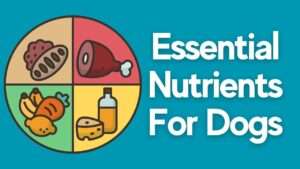




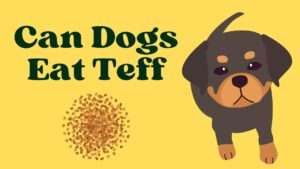
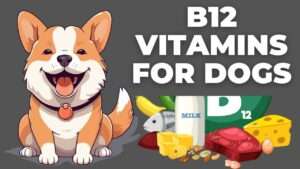

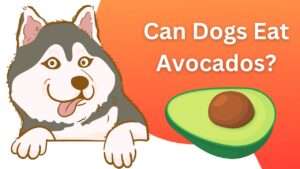
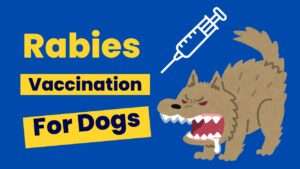
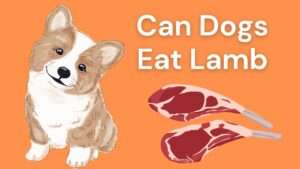
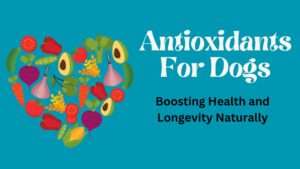
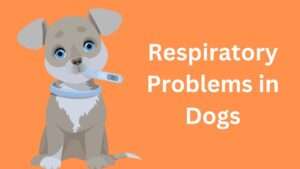

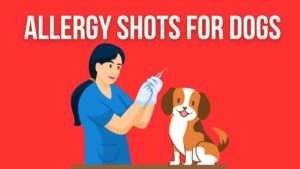

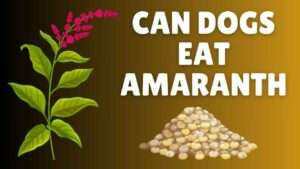
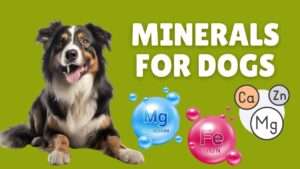


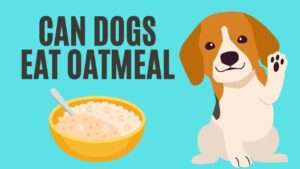

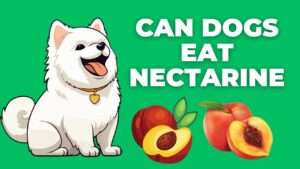
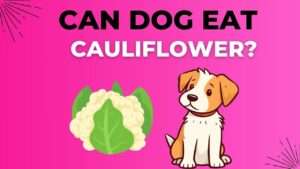
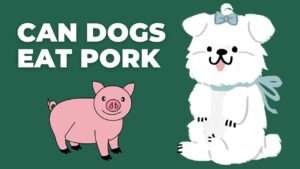
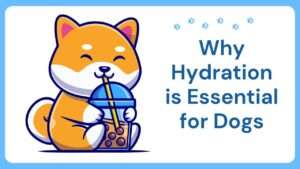
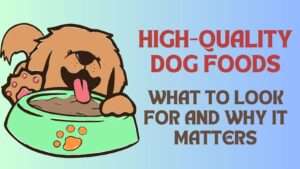







+ There are no comments
Add yours